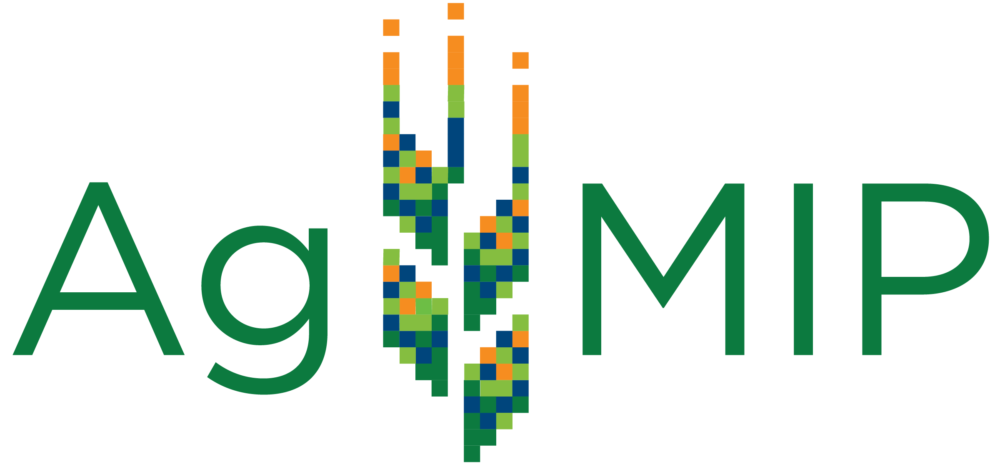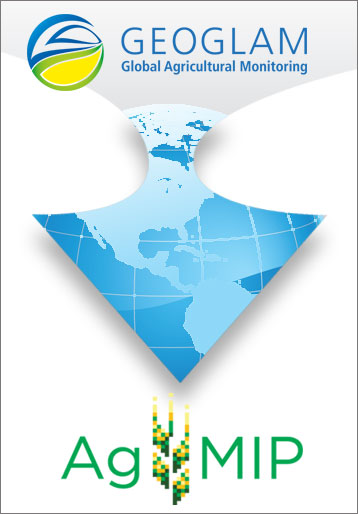GEOGLAM and AgMIP Collaboration
Apr 16, 2015
By: Jenna Famular
The Agricultural Model Intercomparison and Improvement Project (AgMIP) and The Group on Earth Observation Global Agricultural Monitoring Initiative (GEOGLAM) recently initiated a collaboration to share methods, data, and outputs with a particular focus on the development of near-term, in-season crop projections. In March of 2015 GEOGLAM and AgMIP came together at a joint workshop, “Integrating Earth Observation with Models to Forecast Within Season Crop Production at Multiple Scales”, in Beltsville, Maryland. The workshop was organized with the purpose of examining ways to improve within-season crop production forecasts on a range of spatial scales from local sites and geographic regions, to a global scale.
GEOGLAM was launched in 2011 in Paris by the Group of 20 Agriculture Ministers with a purpose to “strengthen global agricultural monitoring by improving the use of remote sensing tools for crop production projections and weather forecasting.” GEOGLAM is a world leader in remote sensing and near-real-time monitoring of agricultural crop conditions. They provide coordinated observations of the earth from satellites and integrates these observations with land-based and site-specific measurements in order to generate accurate and up to date crop monitoring information and yield forecasts.
GEOGLAM’s expertise in satellite data applications and AgMIP’s extensive network of scientists researching and applying process-based crop models provide a unique opportunity for collaboration.
GEOGLAM’s monitoring information and yield forecasts can help create likely production scenarios and engage with a wide range of stakeholders. AgMIP creates linkages between climate, crop, livestock, and economic models to further assess the implications of climate variability and change ranging from seasonal to multi-decadal timescales. Together, GEOGLAM and AgMIP have the opportunity to share their expertise and develop robust, multi-pronged crop and livestock assessments that can pair with economic models to provide insight outcomes on several time and decision scales.
The recent workshop included participants from many groups within the AgMIP organization. Cynthia Rosenzweig, head of the Climate Impacts Group at the NASA Goddard Institute for Space Studies and founder of AgMIP, attended the event along with AgMIP Science Coordinator and Climate Team co-Leader Alex Ruane, who is also a Research Scientist at the NASA Goddard Institute. Rosenzweig co-chaired the event with Chris Justice from GEOGLAM.
For more about GEOGLAM and the work they do, please click here.

